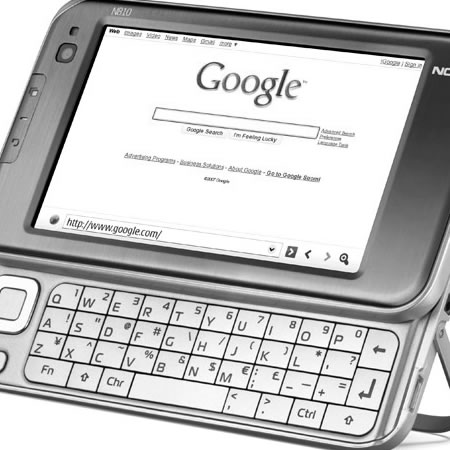So you lower the price of 3G data plans and what happens, the number of 3G users doubles!
Duh!

BBC reports on a survey which has found this out.
Price cuts and the popularity of 3G are prompting Europeans to use mobile data like never before, says a survey.
The GSM Association survey shows that European data roaming traffic grew by 75% between April 2007 and 2008.
Over the same period the numbers of 3G users doubled and the average price of data roaming services fell by 25%.
Read more.
When I first used 3G in June 2004, I was paying £100 per month for 1GB of data per month, this went down to £75 pretty quickly. A year later it was just £45 per month and by 2006 it was just £25 per month.
Now you can get 3G for just £10 per month with as much as a 3GB fair usage limit, and as part of a phone plan it can be as little as £5 per month!
Also we are seeing an explosion in speed (just don’t tell O2 who are still stuck on 128Kbps), back in 2004, I was lucky to get 384Kbps, today with my Vodafone 3G dongle I can achieve 7.2Mbps (well I can in London, less so in Gloucester).
These fast speeds and low prices start to make 3G a viable option for many people and as a result we are seeing an increase in demand and users.
As mentioned earlier on this blog 3G usage is increasing really fast.
Now for all the economists out there, does this mean that the demand for 3G is elastic or inelastic in demand?
Photo source.







